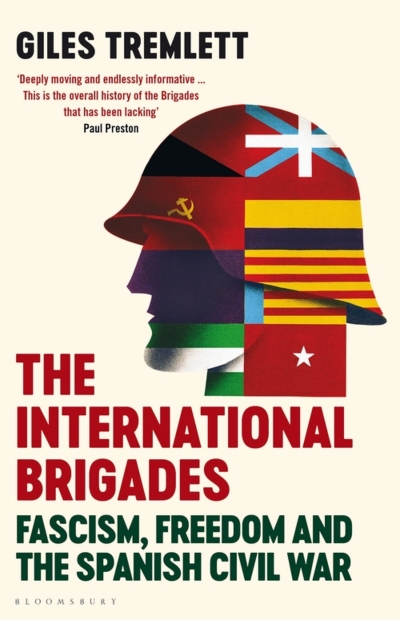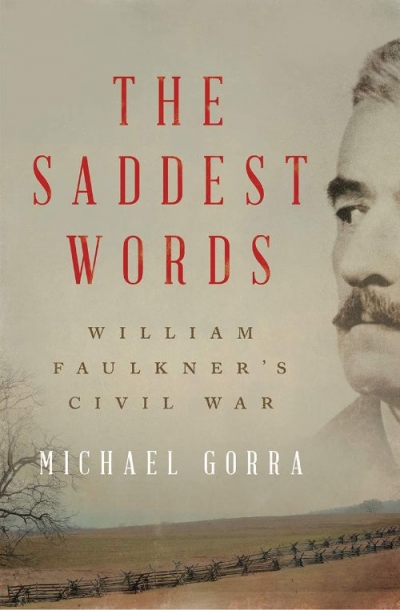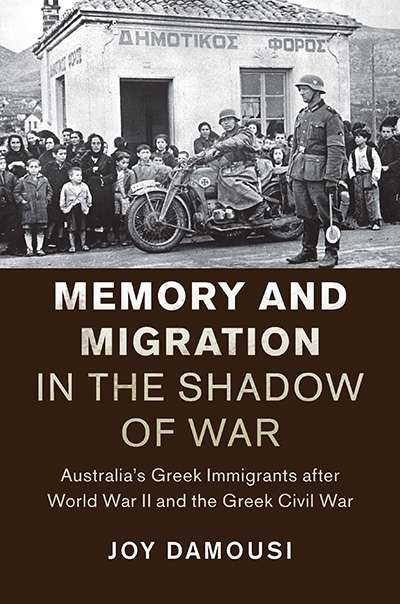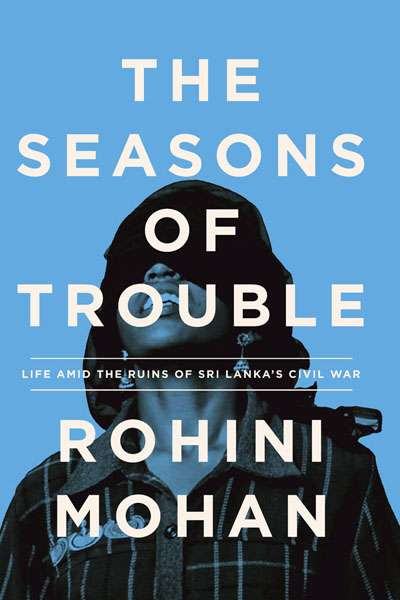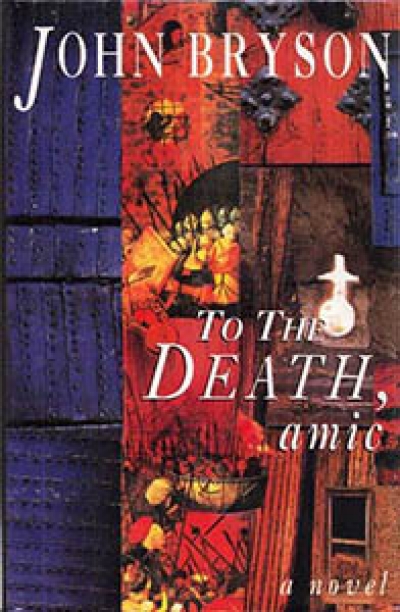Civil War
The International Brigades: Fascism, freedom and the Spanish Civil War by Giles Tremlett
by Luke Stegemann •
The Saddest Words: William Faulkner’s Civil War by Michael Gorra
by Paul Giles •
Memory and Migration in the Shadow of War: Australia's Greek immigrants after World War II and the Greek Civil War by Joy Damousi
by Alistair Thomson •
The Seasons of Trouble: Life amid the ruins of Sri Lanka’s civil war by Rohini Mohan
by Emily Howie •

